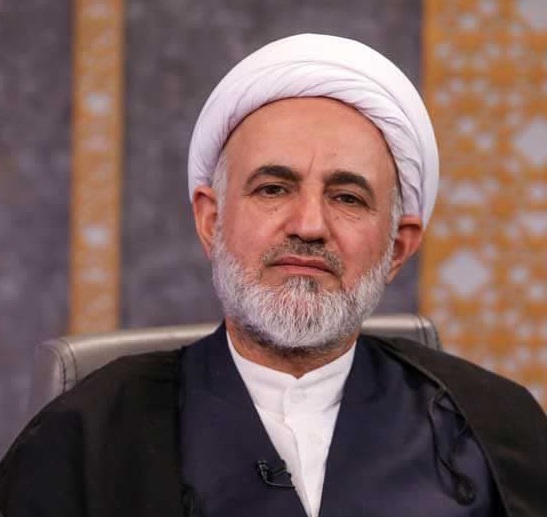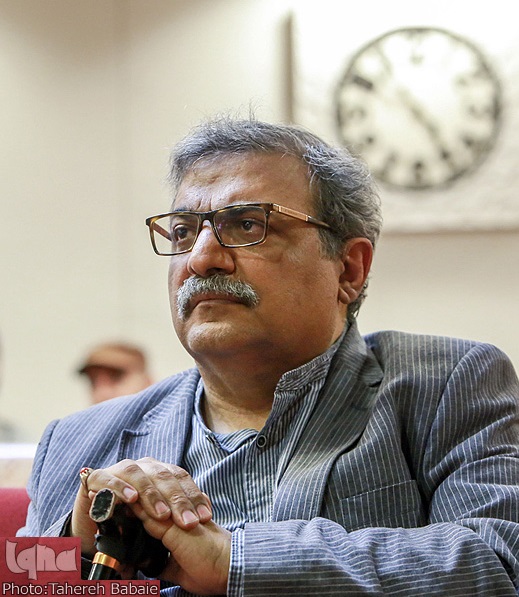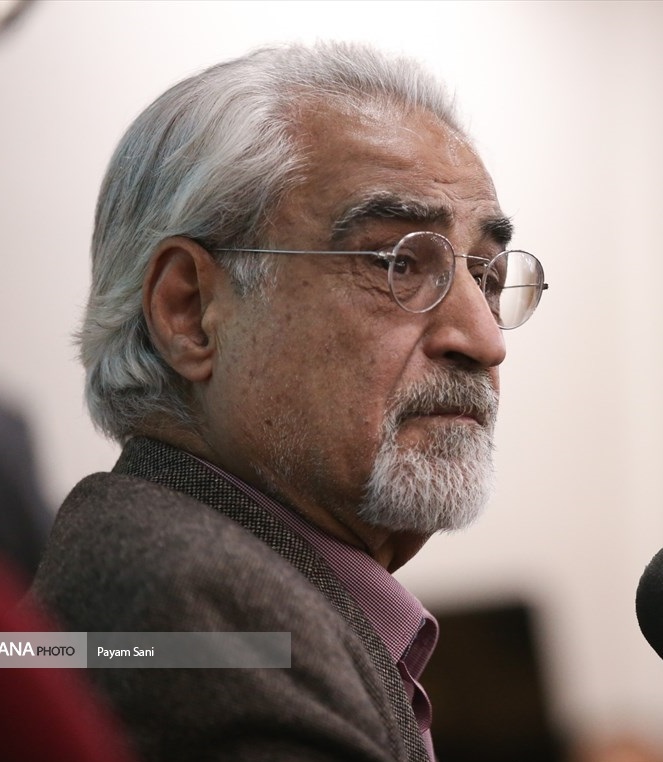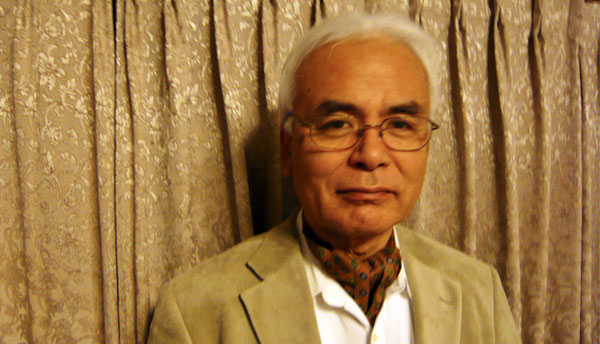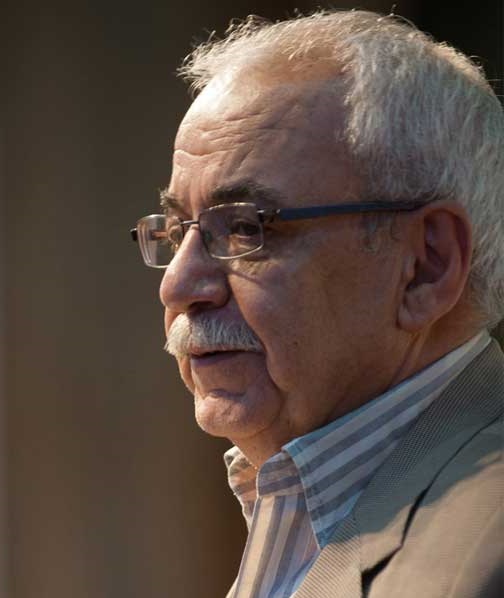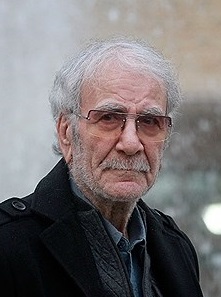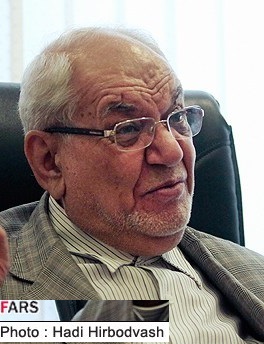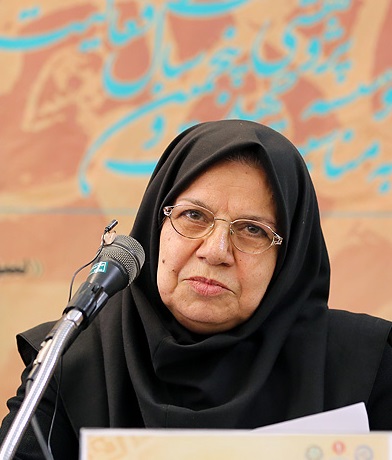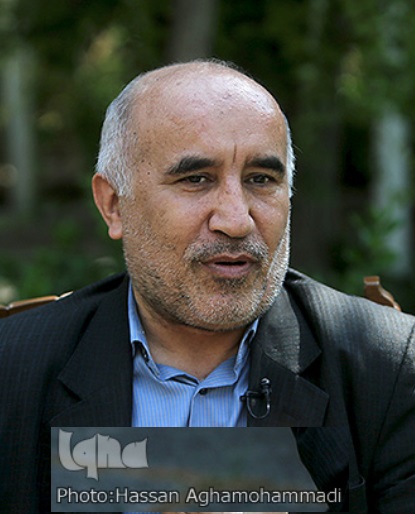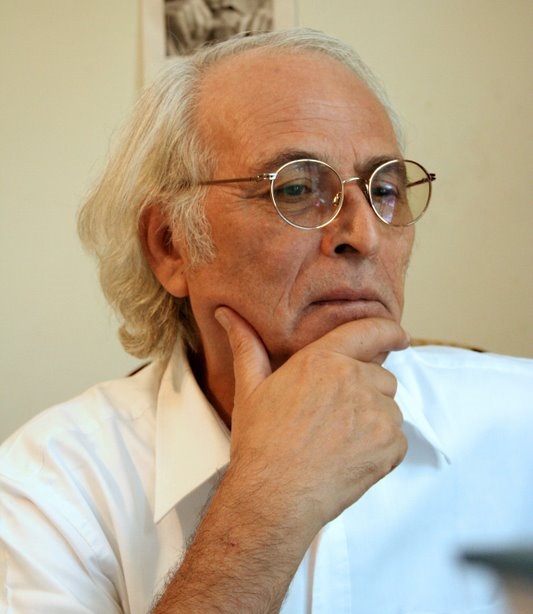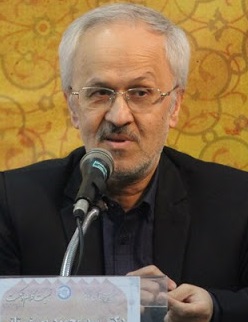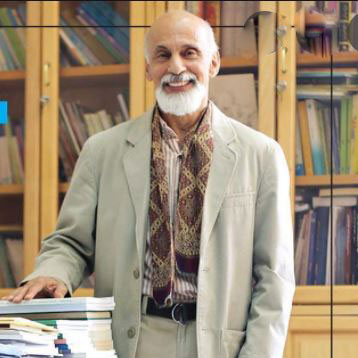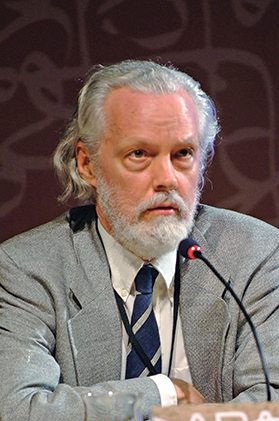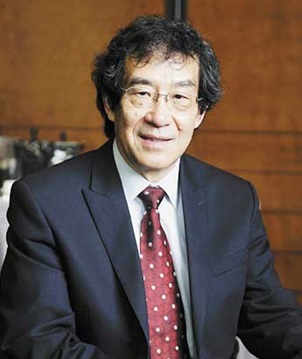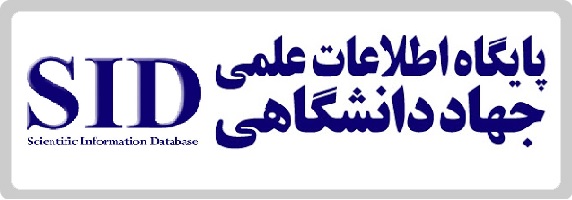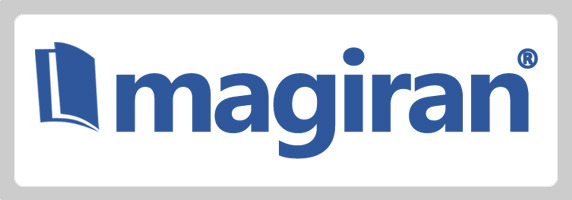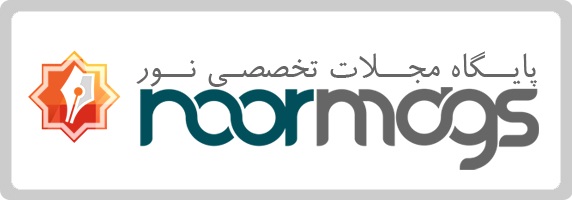Ibn Muqaffaʽ and His Moral School
Keywords:
Ibn Muqaffaʽ. Ethical research. Secretary ethics. Political ethics. Rational-based ethics. Noblesse ethicsAbstract
Ibn Muqaffaʽ was one of the main medium to transfer ethics from ancient Persia and India to Islamic period. Only eleven short and long essays of Ibn Muqaffaʽ have survived. Ten of them are in ethics. Although most of them were translation from Pahlavi to Arabic, he was not just a translator; on the contrary his political position and his personal characteristics promoted his position to the level of ethical thinkers and researchers, not to say Islamic political philosopher. In spite of that, the recognition of his position in ethics was delayed due to some marginal issues targeting his personality. His moral school is rational based, yet it is not autonomous but is dependent on the teachings of revelation. In his view, the origin of moral act is human dignity, self-esteem and noblesse; and morality is unconditional. In his works, friendship and loyalty to friendship, among other virtues, are so important. So if his moral school can be called "rational-based noblesse", both of them can illustrate his ethical research components.

